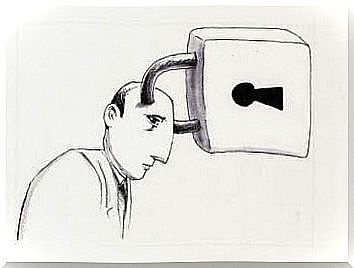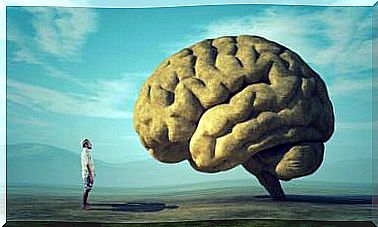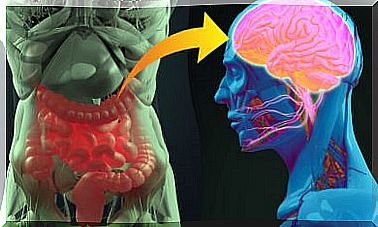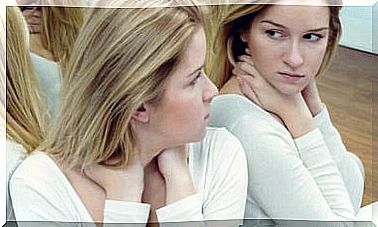Where Rigid Minds See Falsehood, Flexible Minds See Second Chances

Have you ever wondered why some people are not able to find different solutions to their problems and others adapt to different situations? The answer is that people relate to each other differently depending on our expectations, prior learning, beliefs, and emotional states. Because of this, flexible people interact better with others and in a healthier way.
Cognitive rigidity is a characteristic of people who do not dare to change their minds and are unable to accept new alternative ideas. On the opposite side are people who have a critical, open reason and recognize change. According to Walter Riso, the strength of flexible thinking is that, despite obstacles, it allows us to invent ourselves and be flexible with life events without hurting or hurting ourselves.
For Riso, a person with a critical, fair, and inclusive attitude creates an open and healthy lifestyle, generates less stress, more happiness and less violence. Not only will you live better, but you will contribute to the well-being of your community.
Rigid people are more prone to depression
People with a rigid mind select only what is in accordance with their beliefs and ignore the information that contradicts them. They do not take nuance into account, so they insist on what they think, feel or do to extreme cases, even if the evidence shows otherwise. They come to lie, insult and belittle to get their way and not succumb to the bewilderment of not being right.

Rigid and absolutist minds experience changes as a weakness and prefer to avoid facts if they disagree with them, so they run the risk of disorders such as depression. These people draw conclusions without having enough information and consider that they are obliged to act, in a certain sense, without deepening or listening to their opponents.
They are people who think that those who are not with them are against them. This belief is fed back from the fear of finding out that they are wrong and realizing that part of their life is based on a false belief. They have an extreme fear of losing the signal of security as a leader, wise or the most lucid, of not being able or not being prepared to face the demands that change brings.
The power of flexible minds
Flexible-minded people are characterized by a gradual and identifiable change of mind. They are level-headed, fair, respectful of others and always try to avoid exclusion . They do not tend to bow to the superficial and unconscious thoughts that tend to lead to a spiral of negativity and suffering without there being contrasted evidence for it.
Flexible people seek to free themselves from mandates and ought, irrational automatisms that thrive on inflexible demands on ourselves, others, and the world in general. They reject all forms of individual authoritarianism or totalitarianism.
Neuroscience tells us that we can change mindsets by creating new neural connections in the brain and strengthening them with our thinking. For this reason, the true change in mentality has its fundamental basis in the brain and in the neurons that we produce when we think and behave in a certain way.

Therefore, flexible minds see life from different points of view, accepting that sometimes they can make mistakes, while rigid minds only see their thought pattern as the correct one.
We have all made a mistake in judging someone at first glance and then they have ended up being one of our best friends. If that person were to stay with what we thought of them at first, they would be using a rigid and absolutist style of thinking, which also does not correspond at all to present reality.
Mentally rigid people have difficulty forgiving and accepting their share of blame in their problems, so they can only see falsehood where there are second chances.









